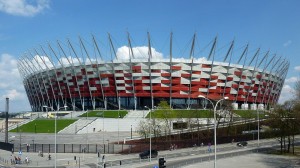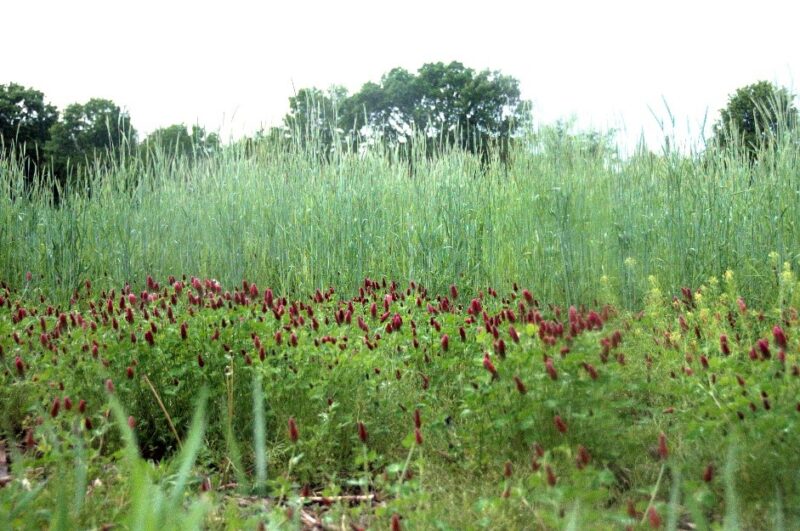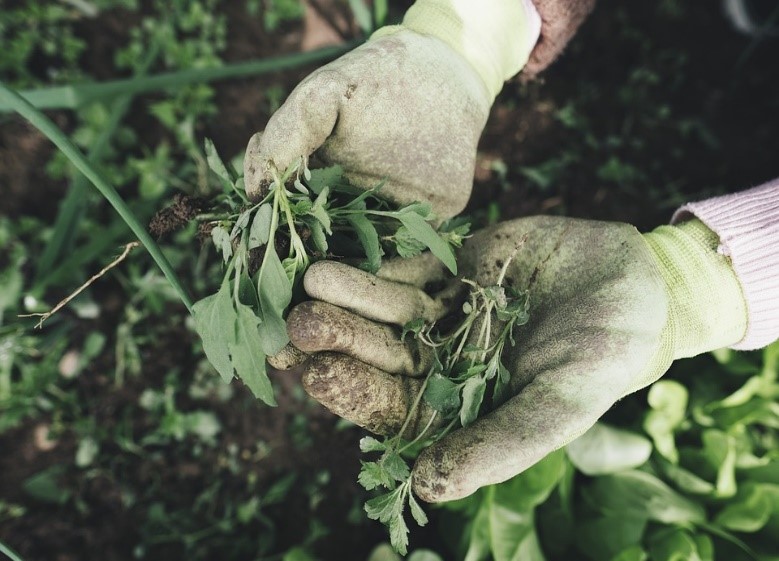The air is starting to get chilly, the sun is setting earlier in the evening, and climate change professionals around the world are working longer hours. It must be time for another COP!
This week, the 19th Conference of the Parties (COP) to the United Nations Framework Convention on Climate Change (UNFCCC) will take place in Warsaw, Poland. The conference, commonly known as “COP 19”, will be another step towards determining a legal framework for controlling global climate change at the international level. Representatives from NWF will be there calling for negotiators to include proposals that protect forests and wildlife.
COPs have taken place every year since 1995, when the first very vague agreement on climate change (called the Framework Convention) was reviewed and negotiated. The COPs ever since then have been trying to put meat on those bones, and these annual meetings have become the largest gathering of the global climate change community. Government negotiators are joined by business and NGO representatives, holding workshops, presenting their work at side events, and networking for future projects. The two-week conference has a hectic, electric feel to it, and COP 19 will be no different, with participants frantically rushing from meetings to negotiating sessions and back, both at the official venue and throughout the city. Decisions made (or not made) will send signals to industry, business, governments, investors and funders throughout the world on what the future outlook of climate-related law and policy will be.
COP 19 is the second COP since the creation of the Ad Hoc Working Group on the Durban Platform for Enhanced Action, also known as the “Durban Platform” or ADP. The ADP is the negotiating body tasked with creating some form of agreement that applies to all UNFCCC parties. Application to all parties is extremely important, since one of the bitterest fights in these negotiations has always been over whether the developing countries, which had little to do with causing climate change until recently, should be legally bound to help solve it. The ADP process was created with the goal of having a legally binding text in shape and agreed by 2015, to take effect starting in 2020.
Some of the issues that are left over from previous COPs include:
- Establishment of an institutional arrangement for dealing with adverse effects of climate change that are already happening in developing countries, commonly referred to as “loss and damage”
- Raising the “level of ambition” meaning “the amount of reductions to be achieved” before 2020, with the aim of filling in a huge gap – it turns out that all the emission reduction commitments that countries have made so far don’t even come close to where scientists say we need to be over the next two decades to keep warming below 2 degrees Celsius
- Continuing talks towards putting money into a financial mechanism for the period of 2013-2020 to help developing countries adapt to the future adverse effects of climate change that are already unavoidable.
As I detailed in my first post, NWF’s international team focuses on how to reduce the climate change impacts of industrial-scale commodity agriculture. In the UNFCCC context, this work falls within the context of Reducing Emissions from Deforestation and Forest Degradation (REDD). NWF works closely with the Climate Action Network and other partners working on REDD, has been active in developing negotiating text on “drivers of deforestation” which include expansion of agriculture into forests, and will continue work towards a legal framework that effectively addresses these drivers.
We’ll be co-hosting a side event with the Union of Concerned Scientists on November 13 to showcase policy options we’ve developed with our partners to establish ideas for using public-private partnerships to reduce commodity-driven deforestation. Niki Mardas from the Global Canopy Programme will moderate the side event, and speakers include:
- Pak Heru, Indonesian President’s Delivery Unit for Development Monitoring and Oversight
- Eduardo Bastos, President, Brazilian Sustainable Livestock Roundtable and Head of Government Affairs at Dow, Brazil.
- Michael Obersteiner, International Institute for Applied Systems Analysis
- Nathalie Walker, National Wildlife Federation
- Pipa Elias, Union of Concerned Scientists
We are also co-organizing a workshop on sustainable agriculture and its link to forest destruction on November 19. Throughout the conference, we’ll be having in-depth discussions about how to reduce the impacts of expanded production of palm oil, soy and biofuels, and their effect on wildlife habitats throughout the world.
The post COPs, REDD and Climate Change: NWF Takes its Message to Poland appeared first on The National Wildlife Federation Blog.




